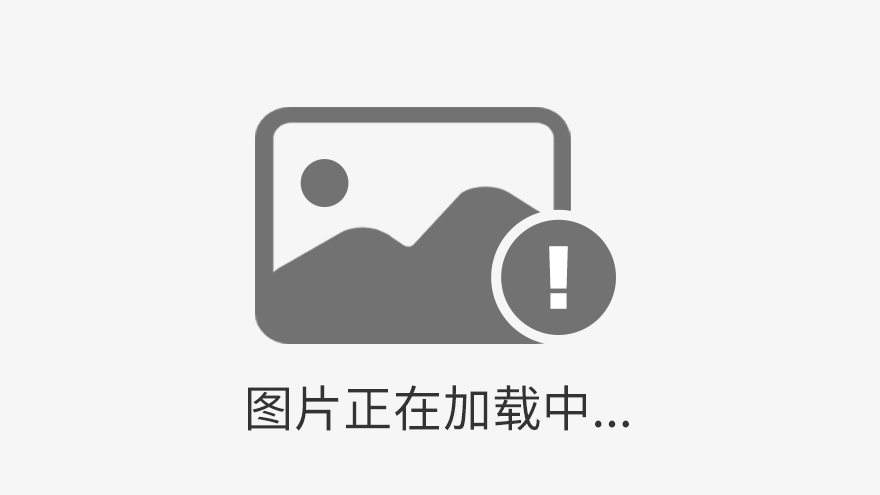很多考生会疑惑:为什么明明自己语言能力不错,写作只考了5分,语言能力一般的学生却能上6分。这是什么原因呢?

朗阁海外考试研究中心 曹美玲
很多考生会疑惑:为什么明明自己语言能力不错,写作只考了5分,语言能力一般的学生却能上6分。这是什么原因呢?其实,很多考生在准备雅思写作时都会进入一个误区:把大量的精力放在词汇与语法上,对写作的咬文嚼字非常苛刻,对文章的审题和思维逻辑却毫不注意。其实一篇作文*核心的无疑是其内容,即逻辑论证部分。更直白地说,一篇逻辑清晰,语法词汇简单的作文很容易上6分
朗阁通过长期的总结与研究,将在本文中结合具体考题,对各种逻辑衔接进行深度分析,给烤鸭们带来一剂良药,让烤鸭们在雅思培训中碰撞出思维的火花。
剑桥五中有一道经典的考题gap year. 在*,这个现象并不是很流行,但西方国家却很盛行。我之前带过一个韩国的学生,就是*毕业之后,先去酒店实习了一年,再去瑞士读大学。但**生毕业之后按部就班上大学是一个普遍现象,所以遇见这样一道考题,可能大部分*学生不会有太多的思路去拓展。那么,我们可以根据这道题,用各种论证的方法来拓展思路,并且在拓展*会掌握应用各种方法。
In some countries young people are encouraged to work or travel for a year between finishing high school and starting university studies. Discuss the advantages and disadvantages for young people to do this.
1. 原因:
原因论证是写作中*常用的论证方法,可以通过写一个现象的原因来承接中心句,一般放在中心句后面直接解释主旨句的原因。切忌不要无限制地去解释中间论证部分论据的原因,这样很容易造成逻辑没有递进关系。
常用连接词:
…because/since/as…
…due to sth.(不放句首)
常用句式:
1. This is largely/partly due to…,
…, which is largely/partly due to…这主要/部分是由于什么。
2. The main reason for it is …N/that +完整的句子
…, the main reason for which is…主要的原因是什么。
3. A contributing factor is…其中一个因素是…
4. The social/individual/technical/economic reason for this phenomenon/problem is…(一句话)。
这一现象/问题的社会/个人/技术/经济的原因是…
Gap year其中一个*明显的优点就是可以培养学生的独立性。那么如果采用原因论证,我们就可以直接解释为什么gap year可以培养学生的独立性。
e.g. Students who take a gap year off tend to be more independent. The main reason for it is that they unavoidably encounter some difficulties and have to deal with them by themselves during their first–time work or travel.
参加间隔年的学生往往更独立,这主要是由于他们在初次的旅行或工作中不可避免地会遇到一些困难且不得不亲自去处理这些困难。
2. 结果:
结果论证分为两种,种是指好的结果,第二种是指坏的结果,具体由中心句的内容决定。即:如果中心句是写优点,那么可以论述这个优点所带来的好处,反之亦然。结果论证可以直接衔接中心句,也可以灵活应用作为段落的总结,比原因论证更灵活。
常用连接词:
Consequently,
As a consequence/result,
…therefore…因此
…, so that 一句话,以至于…
In this way/In so doing, 这么一来,…
常用句式:
…, which may result in an unpleasant/unexpected/desirable consequence that…(填完整的话)。
这可能会导致一个令人不悦/意料之外/理想的结果,就是…。
那么回到刚才的gap year可以培养学生独立性这个论点,就可以用结果论证来论述独立性培养的好处。
e.g. Students who take a gap year off tend to be more independent, which is a very important factor in academic study and research, as well as giving them an advantage in terms of coping with the challenges of student life.
参加间隔年的学生往往更独立。这对于他们的学习研究很重要,而且对于他们处理学习生活的挑战也很有优势。
3. 举例子:
对于雅思写作来说,举例论证用的不像托福写作那么多。可以是personal experience, 但尽量举一些比较客观的例子,并且例子不要太长,一两句话概括即可,适当对例子进行评论。一般来说,举例论证不会直接衔接中心句,例证前面会有铺垫衔接,例证结束会有评论总结。
常用连接词:
Like /such as(不放开头,后面加名词)
For example﹦for instance(放句首时,后加完整的句子)
常用句式:
A good case in point is that…一个典型的例子是…
我们还是根据gap year的独立性这个点来继续论述。在原因论证里面,用原因先接了中心句,那么再进一步衔接我们就可以用例子进行解释说明工作旅行中遇见的具体困难。
e.g. Students who take a gap year off tend to be more independent. The main reason for it is that they unavoidably encounter some difficulties and have to deal with them by themselves during their first–time work or travel. For example, when having conflict with others, students have to find the solution by themselves by trails and errors without the help of others.
参加间隔年的学生往往更独立,这主要是由于他们在初次的旅行或工作中不可避免地会遇到一些困难且不得不亲自去处理这些困难。例如,当学生与他人有冲突时,他们不得不靠自己反复寻找方法去解决。
4. 比较:
对比论证分为两种,一种是具体情况的正反对比,拿两件事物进行正反比较。另一种是过去与现在的对比,常用于科技文比较多。对比论证比较容易凑字数,可单独运用来论证整段话。而且对比论证比较灵活,可直接衔接中心句,也可放后面进行转折比较。
常用连接词:
A…, while/whereas B…
While/whereas A…, B…
A…By/In contrast, B…
常用句式:
…, which is in stark/sharp/striking contrast with the fact that…
…, 这和以下事实形成鲜明对比。
在本道考题中,正反对比的双方应该是那些*毕业之后直接上大学的学生和间隔了一年的学生。把两者在同一个方面进行正反比较,但要注意语言表达不能重复。
e.g. Students who go to university immediately after gradation can better adjust themselves to the academic life, whereas/while those who take a gap year off are very unlikely to refocus their attention on study.
那些毕业后直接上大学的学生能更好地适应大学生活,而那些参加间隔年的学生却很可能无法再专注于学习。
在剑桥五的范文里,围绕优点整段也主要用了对比论证,拿直接上大学的学生在视野和经验的狭隘和工作或者旅行过一年的学生视野宽广,人脉丰富进行对比。逻辑清楚,论据很有说服力。
The reasons for this trend may involve the recognition that a young adult who passes directly from school to university is rather restricted in terms of general knowledge and experience of the world. By contrast, those w









